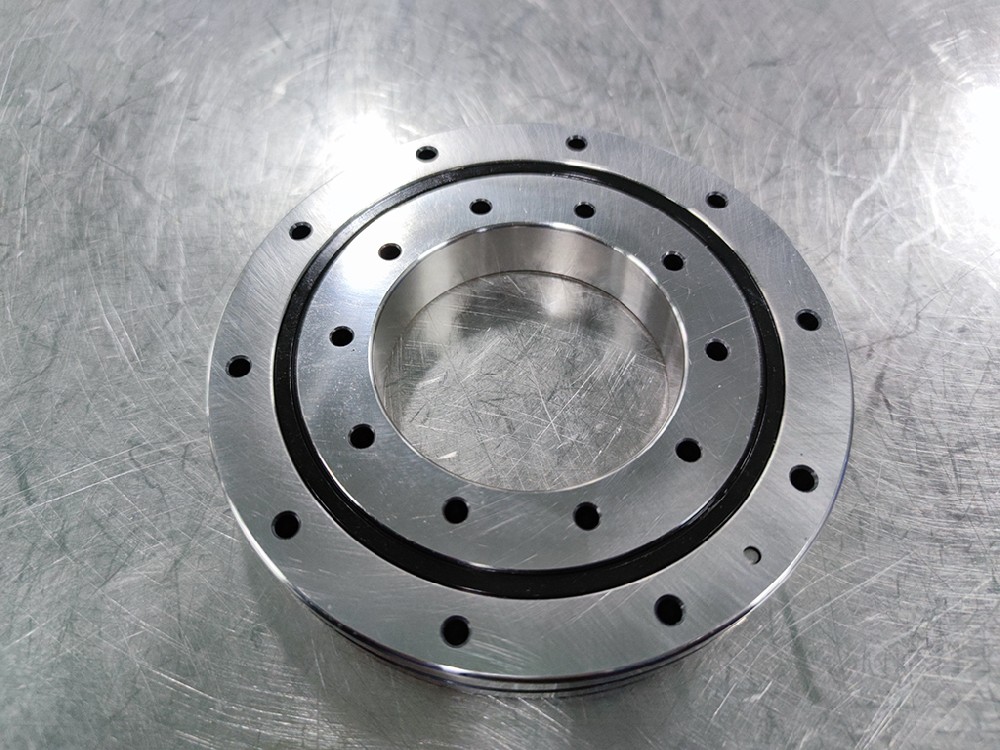Product FAQ
Effect of surface roughness on precision bearings
Surface roughness is generally caused by the machining method used and other factors, such as the friction between the tool and the part surface during the machining process, the plastic deformation of the surface metal during chip separation, and high-frequency vibration in the process system, electrical machining discharge pits, etc. Due to different processing methods and workpiece materials, the depth, density, shape and texture of the marks left on the processed surface are different.
The impact of surface roughness on parts mainly affects wear resistance. The rougher the surface, the smaller the effective contact area between mating surfaces, the greater the pressure, the greater the friction resistance, and the faster the wear. In other words, the rougher the surface, the shorter the service life of precision bearings.
(1) Affects the stability of the fit. For clearance fits, the rougher the surface, the easier it is to wear, causing the gap to gradually increase during work. For interference fit, due to the flattening of microscopic convex peaks during assembly, the actual effective interference is reduced and the connection strength is reduced.
(2) Affect fatigue strength. There are large troughs on the surface of rough parts, which, like sharp corners and cracks, are sensitive to stress concentration, thus affecting the fatigue strength of precision bearings.
(3) Affects corrosion resistance. A rough bearing surface can easily allow corrosive gases or liquids to penetrate into the inner metal layer through microscopic valleys on the surface, causing surface corrosion.
(4) Affects sealing. Rough surfaces cannot fit tightly together, and gas or liquid leaks through the gaps between the contact surfaces.
(5) Affects contact stiffness. Contact stiffness is the ability of the joint surface of parts to resist contact deformation under the action of external forces. The stiffness of a machine depends largely on the contact stiffness between parts, which naturally include precision bearings.
(6) Affects measurement accuracy. The surface roughness of the measured surface of the part and the measuring surface of the measuring tool will directly affect the accuracy of the measurement, especially in precision measurement.
In addition, surface roughness will have varying degrees of impact on the coating, thermal conductivity and contact resistance, reflective ability and radiation performance of precision bearings, resistance to liquid and gas flow, and the flow of current on the conductor surface.

Categories
News
Contact Us
Contact: YRT Rotary Table Bearing|Crossed Roller Bearing|Luoyang Hongyuan Bearing 【HONB】
Phone: 13653797636
Tel: 400-037-9586
E-mail: lyhyzc7@gmail.com
Add: Chuangye road, Konggang Industrial cluster district,Luoyang city, Henan province, China